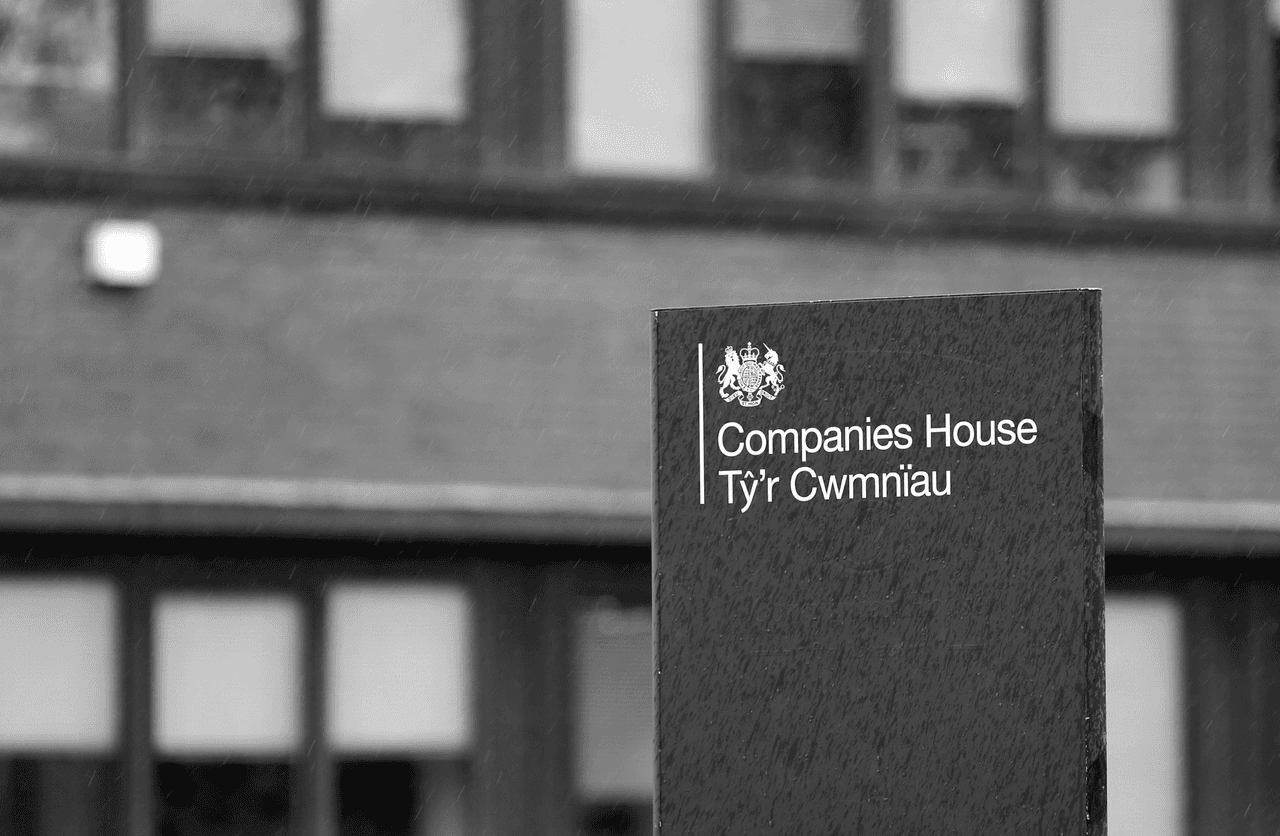
Companies House: what is it and how is it failing to do its job?
For organised crime groups operating industrial-scale crypto scams, the UK is an ideal place to do business.
Registering a UK company costs as little as £12, and Companies House does not verify names and addresses supplied by applicants. A property can even be listed as a company’s address without the consent or knowledge of its owners.
The UK’s reputation as a low-risk place to do business with a robust legal system is at odds with the ease with which scammers can use Companies House registration to aid their crimes.
When these companies are involved in criminal activity, the lack of accurate information on the register makes it difficult – often impossible – to trace who is behind them.
“By far and away the largest problem [for Companies House] is organised crime groups from abroad,” said Graham Barrow, a financial crime investigator.
“While we allow people from anywhere in the world to incorporate companies in the UK, and have no presence whatever in the UK, they are beyond the reach of our own law enforcement.”
Our investigation with the Observer identifies 168 UK shell companies accused of running fraudulent cryptocurrency or foreign exchange investment schemes.
About half of them were associated with “pig butchering”, a method of fraud by which scammers assume a false identity and approach their victims on social media, dating apps or a WhatsApp “wrong number” message.
They then “fatten the pig” – their victim – by building a friendly or romantic relationship before tricking them into transferring funds, often totalling tens of thousands of pounds, with assurances that they will see a return on their investment. Then the scammer, and the money, disappear.
A UK registration can give the scam a veneer of credibility, particularly to victims from other countries: several of those on our list proudly displayed their Companies House credentials on their websites.
The criminals behind pig-butchering scams operate vast global networks, often involving shell companies in the UK, “scam sweatshops” in Cambodia, Laos and Myanmar, with victims in countries around the world. Due to the complex and multi-jurisdictional nature of these crimes, they are incredibly hard to bring to justice.
While the ultimate beneficiaries of the scams are typically criminal syndicates, reporting by Vice and ProPublica has found those doing the actual work of scamming are themselves often exploited. Scam operators are typically trafficked to south-east Asia under false pretences, detained in compounds and made to work against their will.
But it is the UK’s system for registering companies that is playing a key role in enabling these scams, causing harm to victims and enriching criminals.
The government says its economic crime bill would go some way to closing the loopholes widely exploited by fraudsters, which would require Companies House to verify the identity of those who manage and control companies. But the bill is still making its way through parliament, and it is unclear when exactly these reforms will be implemented.
In the meantime, scammers can continue to register new companies and lure new victims into fraudulent schemes with the promise of huge returns on their investment.
A Companies House spokesperson said: “We are aware of the misuse of the company register to support illicit activity and recognise the difficulties faced by those affected by this.”
Header picture: Companies House headquarters in Cardiff, UK. Credit: D Legakis/Alamy Live News
Reporter: Niamh McIntyre
Technology Editor: Jasper Jackson
Global Editor: James Ball
Editor: Meirion Jones
Production: Alex Hess and Emily Goddard
Fact checker: Chrissie Giles
Our reporting on Big Tech is funded by Open Society Foundations. None of our funders have any influence over the Bureau’s editorial decisions or output.




